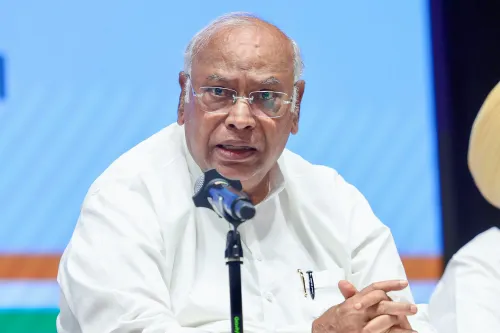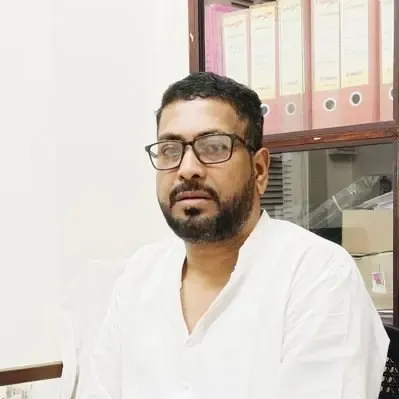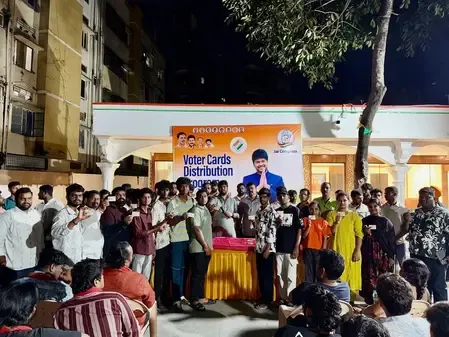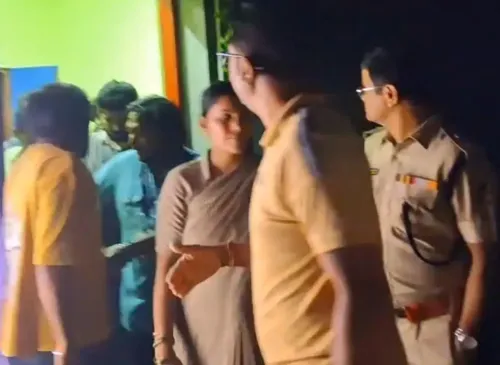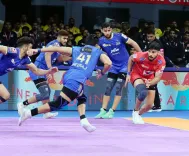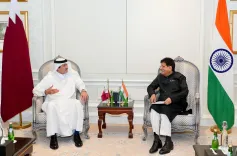How Can Union Minister Ajay Tamta Drive a Push for Zero Road Fatalities?
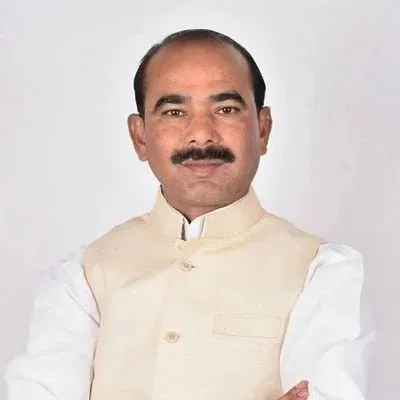
Synopsis
Key Takeaways
- Urgent need for reduced road fatalities
- Focus on innovative safety solutions
- Collaboration between government and NGOs
- Implementation of strict enforcement measures
- Promotion of road safety awareness
New Delhi, June 12 (NationPress) The Minister of State for Road Transport and Highways, Ajay Tamta, emphasized the pressing necessity to diminish road accident fatalities in India during an address at the 'Dialogue to Action: National Summit on Vulnerable Road Users and Road Safety'. He stated, "The matter of road safety is crucial, and we must innovate solutions to mitigate road fatalities."
He further asserted, "Our aim should be to achieve zero road fatalities."
UN Special Envoy for Road Safety, Jen Todt, referred to road crashes as a 'silent pandemic' and pointed out that over 1.2 million individuals lose their lives in road accidents worldwide each year.
In 2021, India recorded over 1.54 lakh fatalities due to road incidents.
"The majority of victims are young individuals, daily commuters, and primary earners for their families. India demands more than just discussions; it necessitates decisive action, and that action is required immediately," he expressed.
Amit Bhardwaj, Deputy Adviser at NITI Aayog, noted that while India's national highways and two-wheeler usage have surged over the past decade, the safety infrastructure has not evolved accordingly.
He recommended stringent enforcement measures, such as denying fuel to riders who are not wearing helmets.
Bharadwaj also indicated that inadequate bike design could contribute to the reluctance of many riders to wear helmets.
Mitra Sen Verma, Director of the Bureau of Indian Standards, announced readiness to collaborate with NGOs to combat counterfeit helmet manufacturers and bolster road safety education in schools.
Maharaj Singh, a Consultant for the Ministry of Road Transport and Highways, observed that while the Central government can formulate laws, robust enforcement measures are the responsibility of state governments.
He highlighted the importance of joint initiatives and effective implementation.
Rajeev Kapur, Managing Director of Steelbird Hi-Tech, voiced concerns about the significant presence of counterfeit helmets in the Indian market.
"Approximately 95 percent of licensed manufacturers are producing fake helmets. India requires 13 crore standard helmets, but only 3 crore are produced by the organized sector," he stated, proposing a Rs 6,000 crore investment plan to address the problem and create job opportunities.
Manoranjan Parida, Director of the CSIR-CSIR-Central Road Research Institute, mentioned that India has pledged to cut road crashes by 50 percent by 2030, yet the current situation is alarming.
He suggested the establishment of dedicated lanes for two-wheelers, similar to those in Vietnam and Malaysia, and urged Bollywood and the media to advocate for road safety.
B. Mohammed Asheel from the World Health Organization commended India's laws on paper but pointed to a significant gap in practical enforcement.
He remarked that road crash fatalities now exceed those caused by infectious diseases, calling for a public movement akin to the response during the Covid-19 pandemic.
Anurag Kulshrestha, President of TRAX, pointed out that over 65 percent of road fatalities involve vulnerable road users, including bikers and pedestrians.
He emphasized that most of these deaths are preventable, attributing the issues to substandard helmets and ineffective enforcement.

